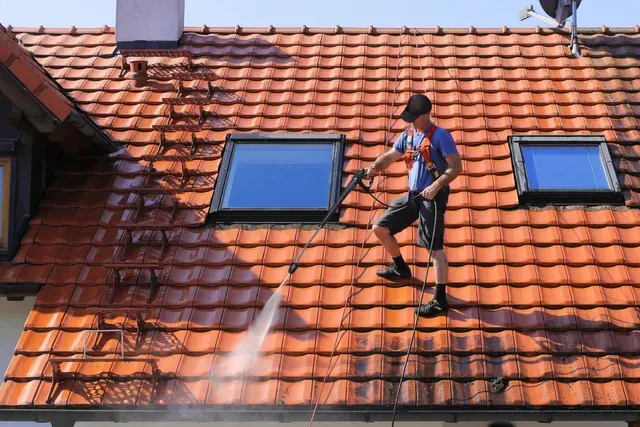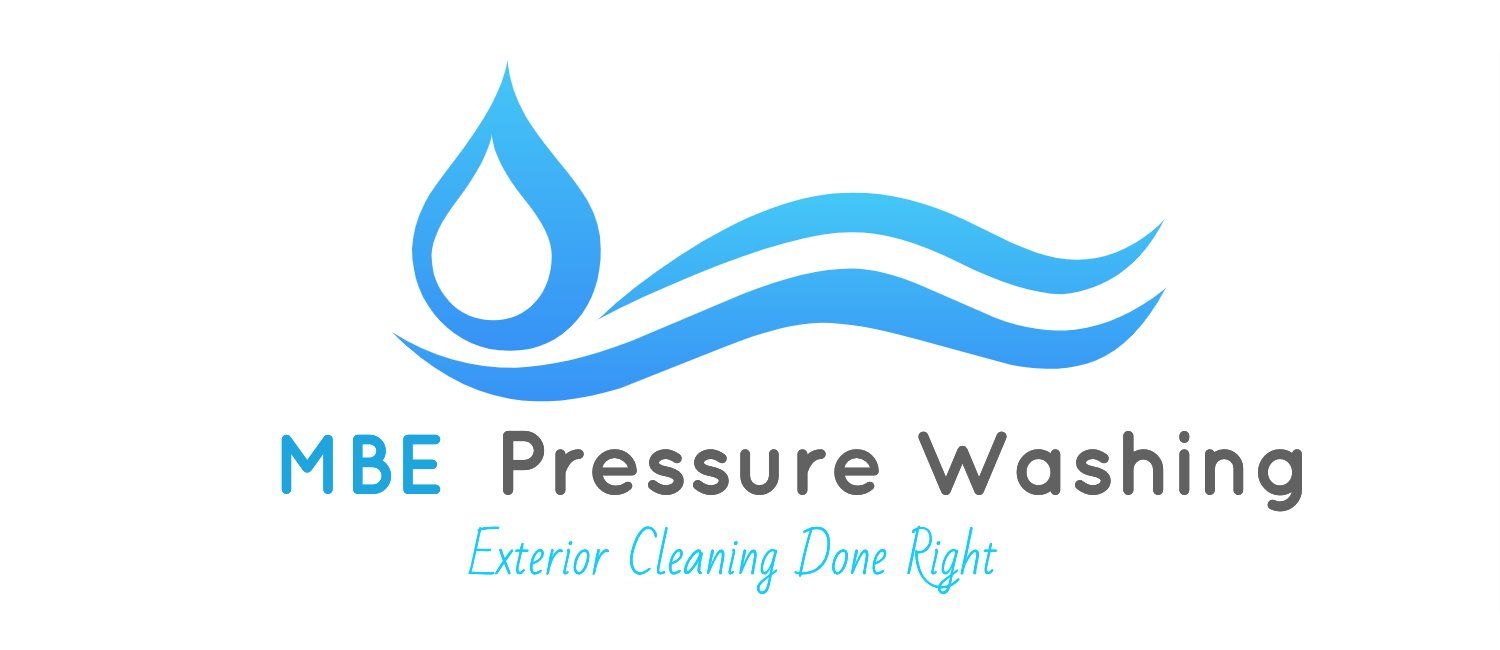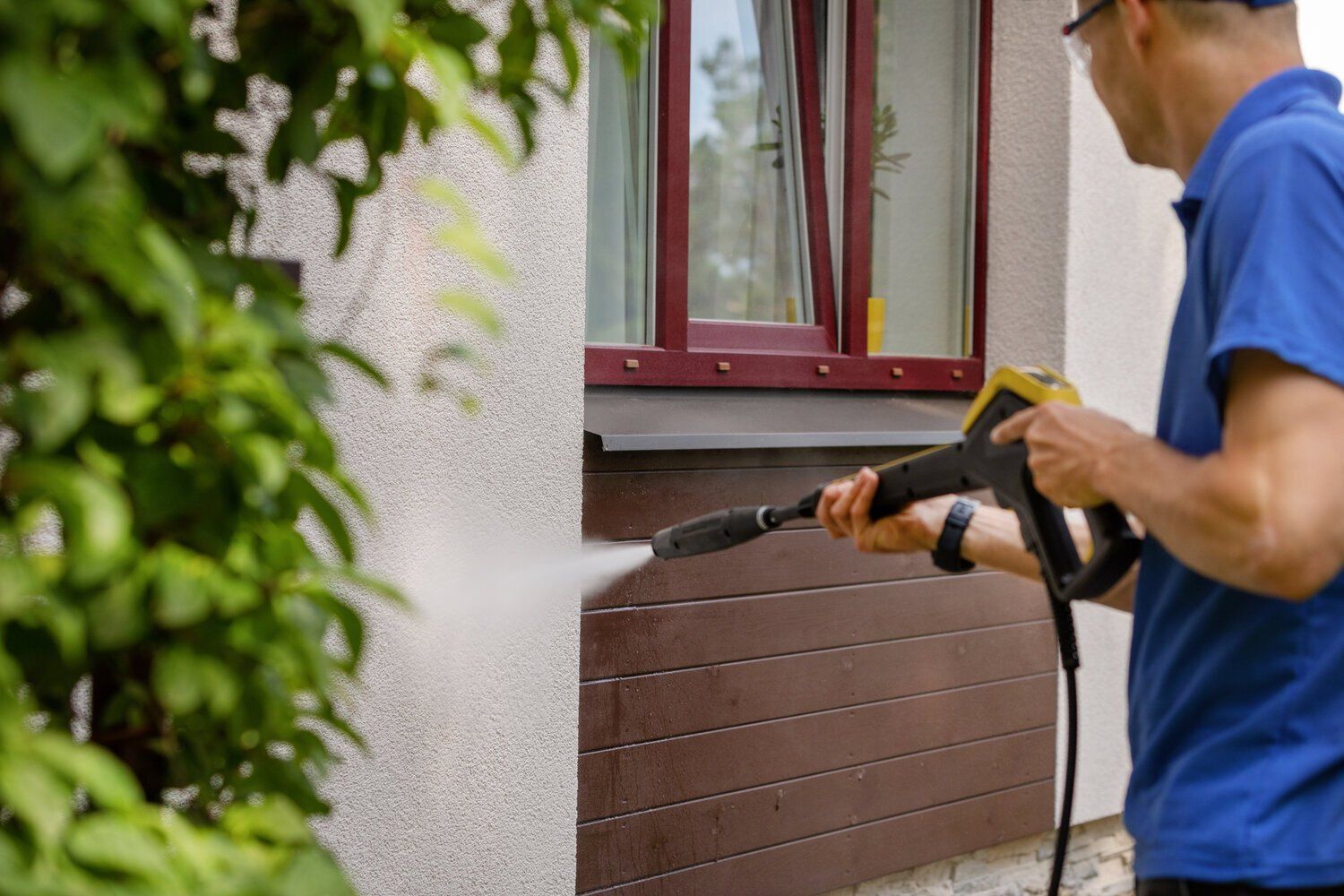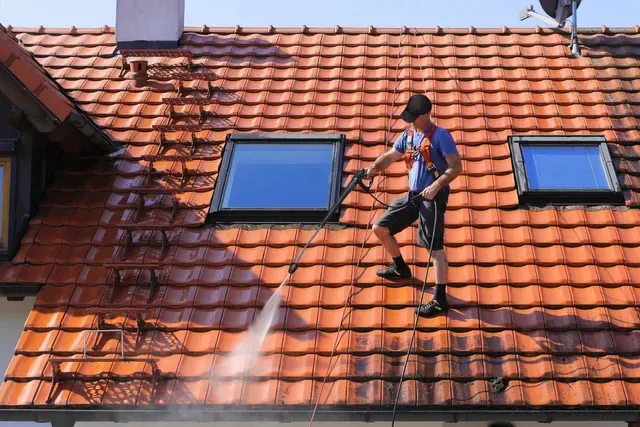Is Moss Bad For Your Roof?
Why Is Moss Bad For Your Roof?

When it comes to the advantages and downsides of allowing moss to grow freely on your roof, there is plenty to dispute. Some people underestimate the impact of moss growth on their homes, while others are concerned that it would cause irreversible harm. While much speculation exists, we're here to dispel any myths about roof moss once and for all.
What exactly is moss?
Mosses are a group of non-vascular flowerless plants that flourish in wet or shaded environments. Many people are unaware that there are seven classes of moss and 12,000 identified types globally. Moss is non-vascular, which means it lacks roots like other plants and instead absorbs water by appendages or spores. Because it lacks the root system to grow upward, it grows low and spreads broadly over flat surfaces.
Moss may wrap the surface and provide a rather rustic aspect for cottages or cabins when it spreads, which is why some people like to let moss grow on their roofs. However, the repercussions of allowing moss to grow uncontrolled are frequently ineffective.
If you're still debating whether or not to remove moss from your roof, read on." Think about it...
If you reside in a moist environment, such as Massachusetts, or if your property is situated under trees, your home may be more susceptible to moss germination. It just takes one spore to fall and infest your roof for it to grow into moss and spread like wildfire. When it happens, it may cause a plethora of problems for your house.
- Mold
When moss develops in abundance, it forms a heavy blanket on top of your roof, retaining water and moisture and promoting the growth of rot, germs, and mold. While this growth is not harmful to your health, it can dramatically reduce the longevity of your roof. Roof mold also attracts rats and other creatures that feed on the mold and roofing components.
- Holes
Moss may also get beneath your roofs, tiles, and slates, uprooting them and inflicting extensive damage. This uprooting can result in holes, leaks, and structural deterioration of your roof. Worse, after the moss is removed from your roof, the tiles will fall back awkwardly due to the loss of the moss framework that originally held them up.
Considerations before removing moss from your roof
How do you deal with moss on your roof now that you're aware of the various concerns that might arise? Depending on the size of the problem, you may be able to handle it yourself, or you may require expert moss removal. Before you climb the ladder, think about these things.
- Chemical Impacts
Attempting to extract moss from your roof using home cleaning solutions may cause more harm than good. Some cleaning chemicals have qualities that cause negative effects, such as lead flashing when it interacts with roofing materials, which can stain both the lead and other portions of the roof. Professional roof cleaners, on the other hand, have specialized specialty solutions that are preferable for roof cleaning.
- Structural Deterioration
The majority of individuals make the mistake of going on their roofs to clean or repair any damage. Roofs, on the other hand, cannot support the weight of a human body, which might result in damaged tiles or, worse, harm. It's better to try the removal from the safety of your ladder unless you're an experienced expert.
How to Get Rid of Moss
Many solutions for treating moss on your own may be found online. While some of these proposals may appear to be simple, they are not and are only temporary remedies that might lead to a larger issue.
Never use a pressure washer on your roof, regardless of what those blogs advise! Pressure washing your roof's tiles and shingles is a definite way to destroy them. Furthermore, it is expensive and just removes the superficial layer of moss, leaving behind spores that will eventually grow again.
Other suggestions include hand-scraping moss off your roof, although this is simply the first step in eliminating moss. Hand-scraping, like pressure washing, eliminates the visible layer of moss and does not remove spores and clusters that can be scattered and boost buildup.
Although bleach may eliminate moss, if not applied appropriately, it can be a great cause of discoloration and can surely harm every plant on and around your property. When using bleach, always be extra cautious, especially if you're unfamiliar with the solution, as it might irritate your eyes or worst burn your skin.
It's typically best to leave the chemicals to moss removal pros like
MBE Pressure Washing Company, who utilize an industrial grade bleach solution and know-how to make a safe, efficient combination.
Moss control powder is also a strongly recommended product for moss management since its qualities are not destructive to the structural system of your roof. However, one disadvantage is that it might kill any wildlife or plants that surround your property. Furthermore, moss management powder is most effective during the rainy season, and standing on a slippery roof is extremely unsafe and can result in severe injury.
How to Stop Moss Developing on Your Roof
The main defense is always prevention. Even if the moss on your roof has already developed into a small grass, these methods will help you control reproduction.
- Maintain a regular roof cleaning schedule. Clean your roof 1-2 times a year to keep it in good condition. It will keep your roof free of debris such as leaves and sticks. MBE Pressure Washing Company provides comprehensive expert roof cleaning in Massachusetts to help your roof last longer.
- If your property is surrounded by trees, try cutting the branches that hang over the roof to prevent moss from developing.
- Install zinc strips around the top of your roof to prevent moss. The zinc is discharged onto your roof after a rainstorm and prevents moss from developing.
- Make sure your gutters are clean. Debris may block your gutters and cause mold to grow. This damp climate might also hasten the development of moss.

For service call: (978) 391-2877
Main Location: Haverhill, MA
Other Service Areas: Groveland, West Newbury, Methuen, Lawrence, North Andover, etc.
All Rights Reserved | MBE Pressure Washing LLC

